By Wu Xinru
(ECNS) -- "The overcapacity threat described by the U.S. is non-existent," noted Prof. Josef Mahoney from East China Normal University (ECNU).
During her second visit to China in nine months, U.S. Treasury Secretary Janet Yellen claimed that China's industrial overcapacity, especially in electric vehicles (EVs), solar panels and batteries, presents threats to U.S. industry and employment.
However, Mahoney debunked that the "overcapacity threat" is nothing but a lie told by the U.S.
In the generative story made up by the U.S., it is said that China will use its non-existent overcapacity to "overwhelm existing tariffs and other discriminatory policies and flood the U.S. market" with cheap goods, like EVs, to the detriment of key U.S. industries, including automakers, Mahoney explained.
Another lie that he identified is the idea of blaming America's failure to develop EV capacity on "unfair Chinese competition". In his observation, U.S. firms have long suppressed green development and innovation while China's EV industry development has already become a case study of openness and competition.
He also revealed several other lies that told by the U.S., such as the "security alert" that the Communist Party of China (CPC) can "seize control of Chinese EVs and use them to spy on U.S. citizens and infrastructure", and even "deploy them to attack, like enemy drones".
Besides being viewed as a tool for espionage, Chinese EVs, which are world class and affordable, are also thought to be bad for American consumers and a world beset with climate change.
The American government is blocking Chinese EVs contending that the policy will save U.S. workers from poor American governance and corporate mismanagement. "These lies are told to win votes in key swing states," said Mahoney.








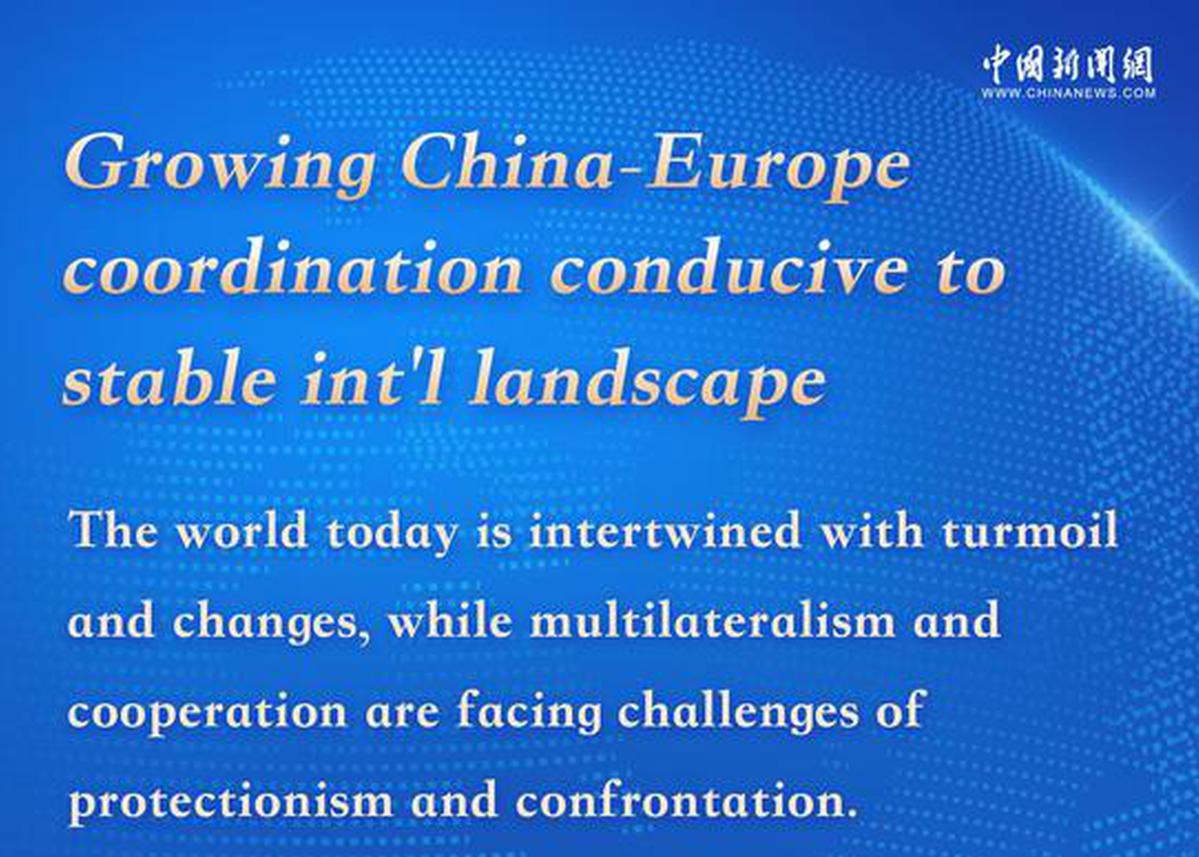
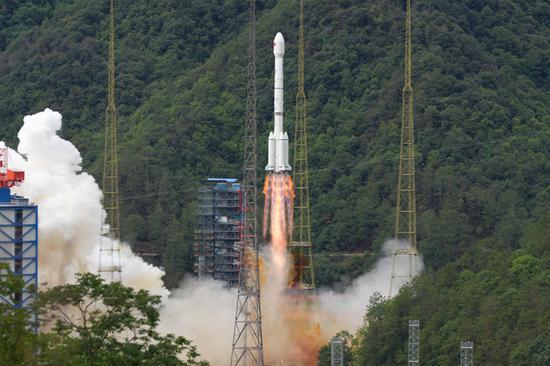
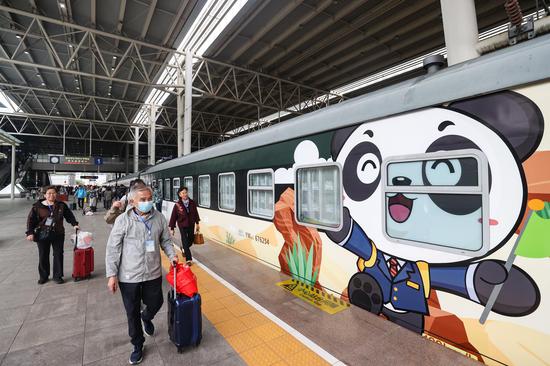

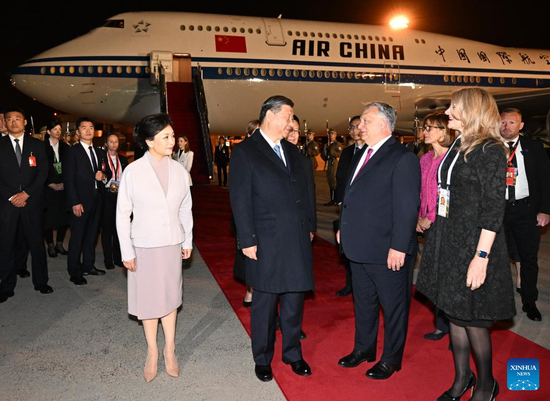
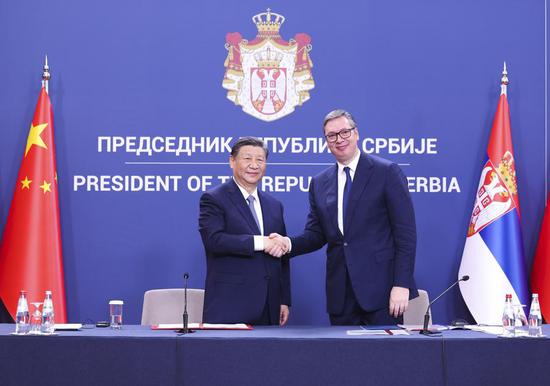
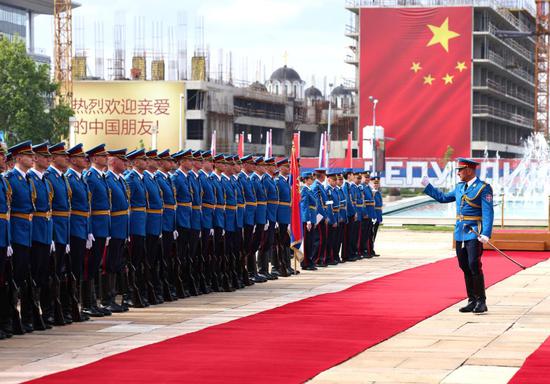
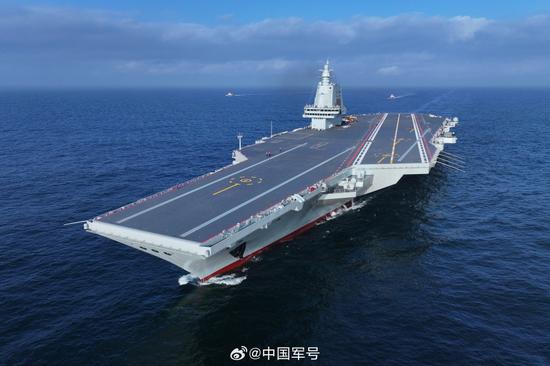
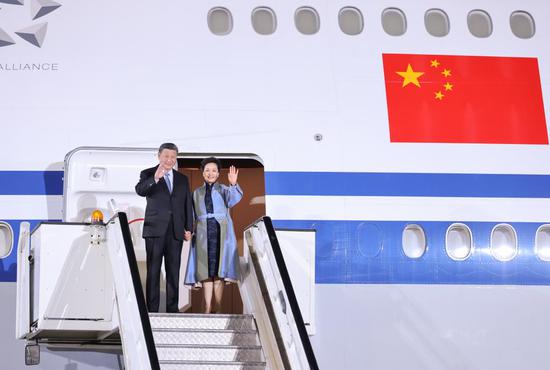
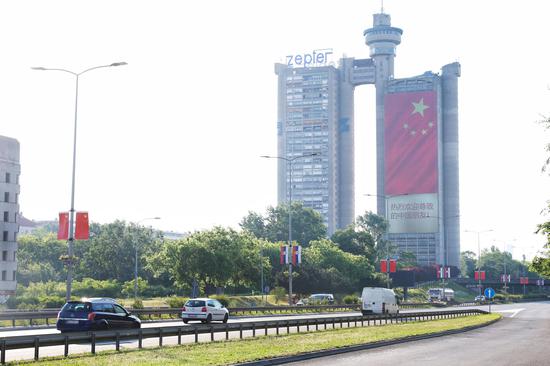

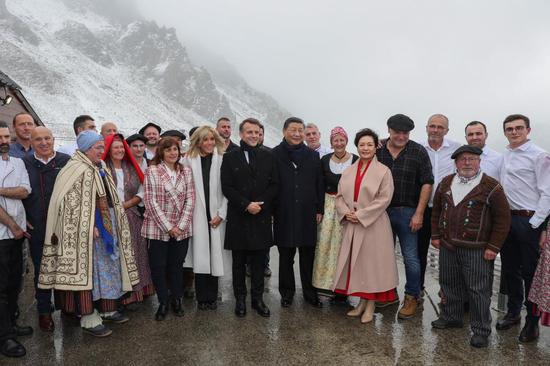

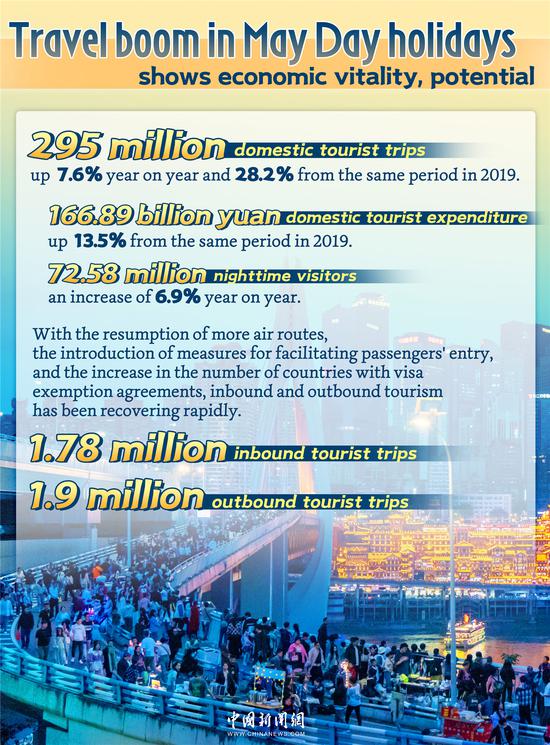
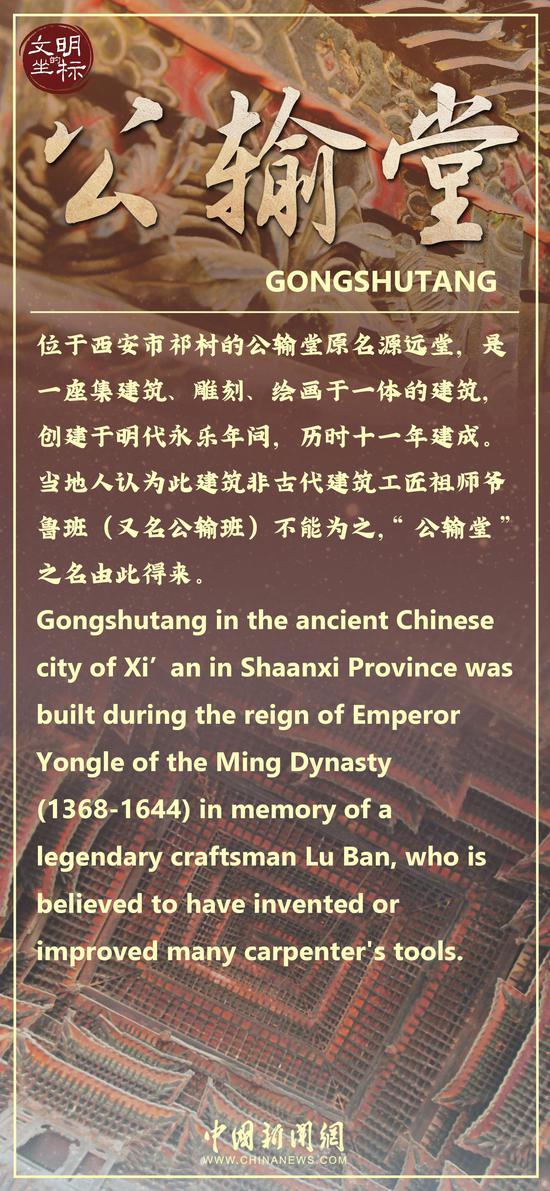
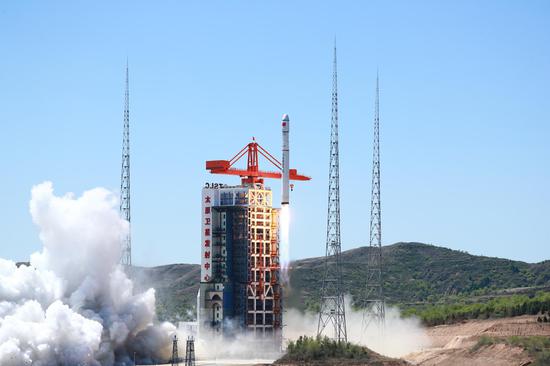
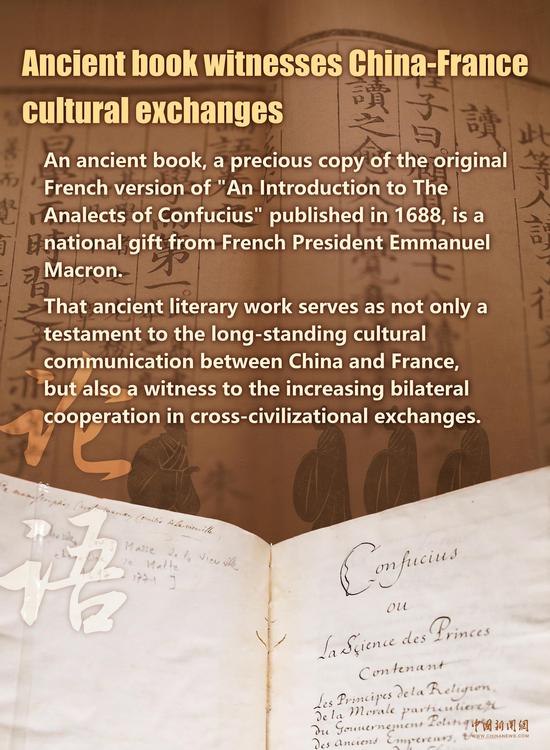
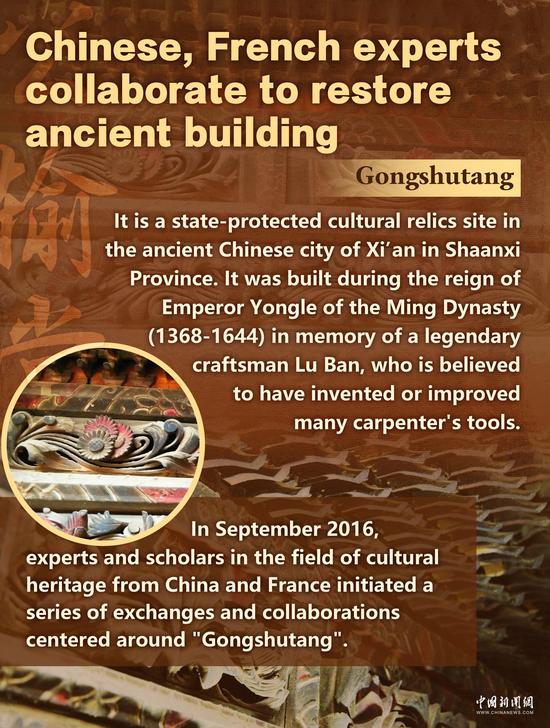
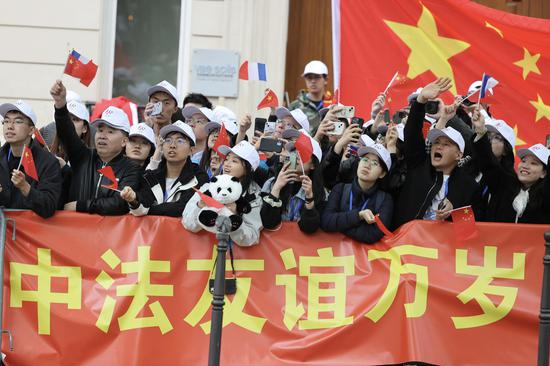
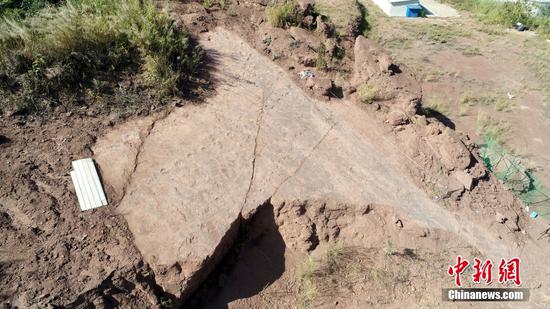

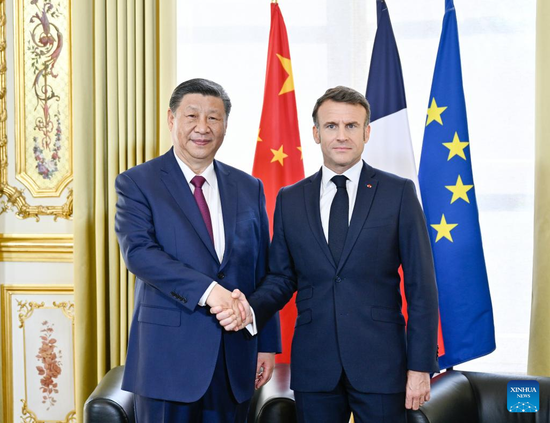
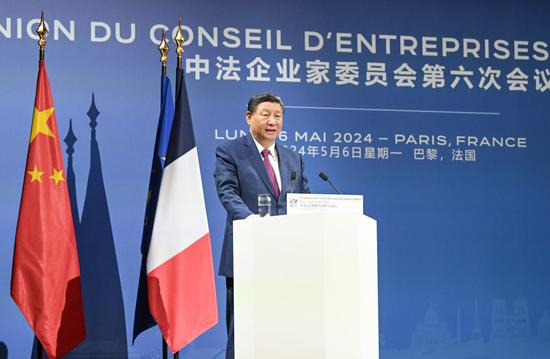
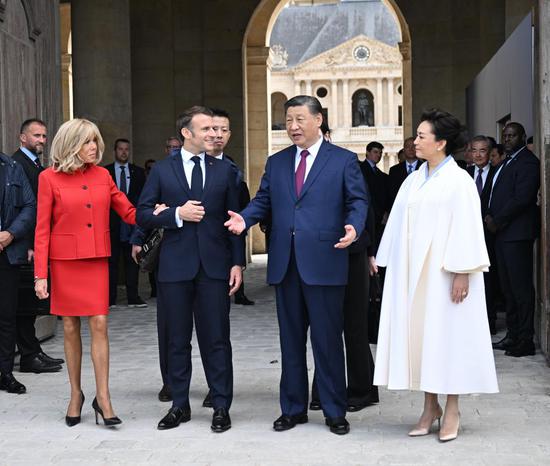
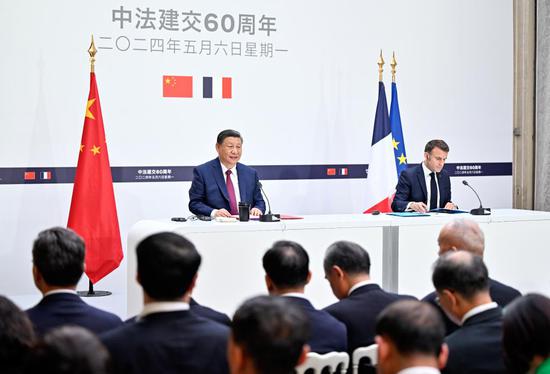
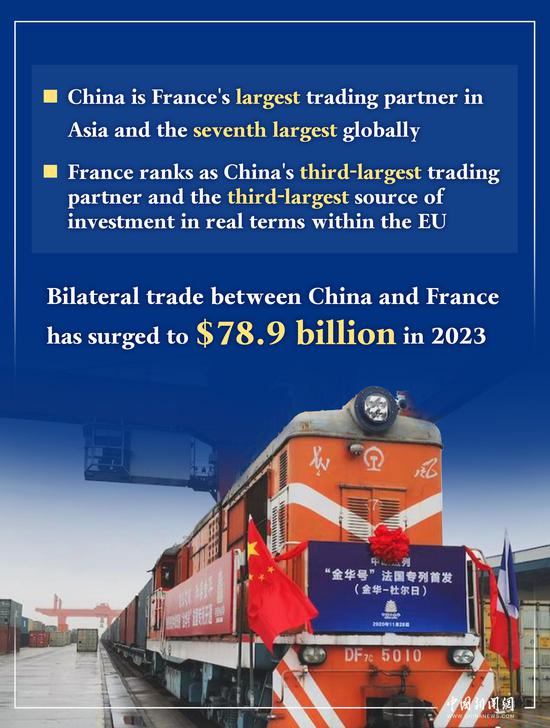


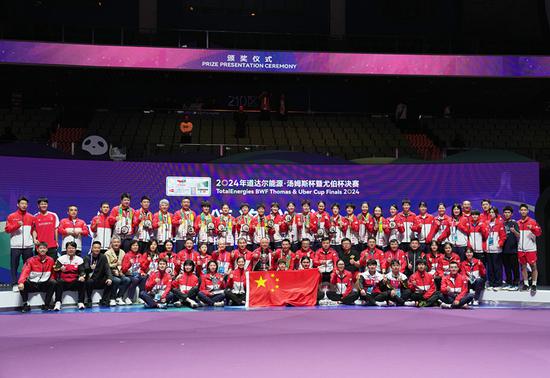
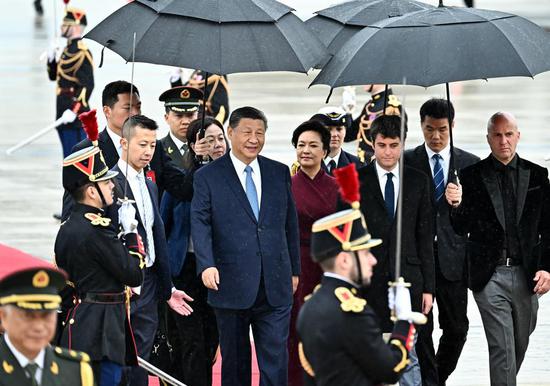
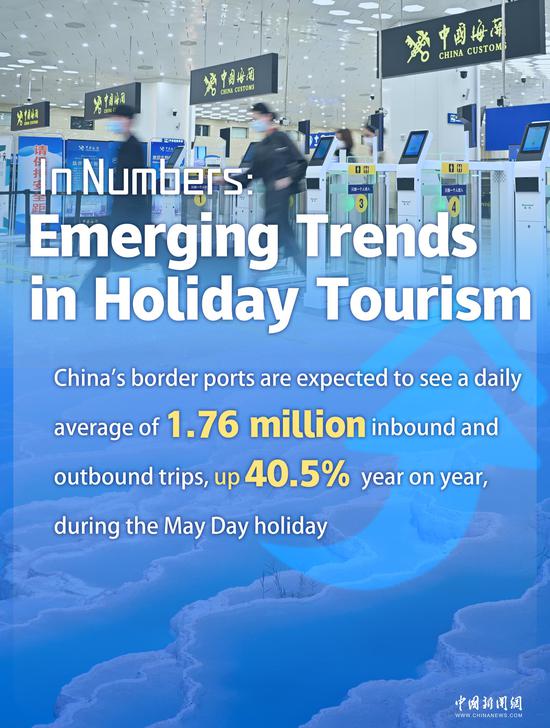
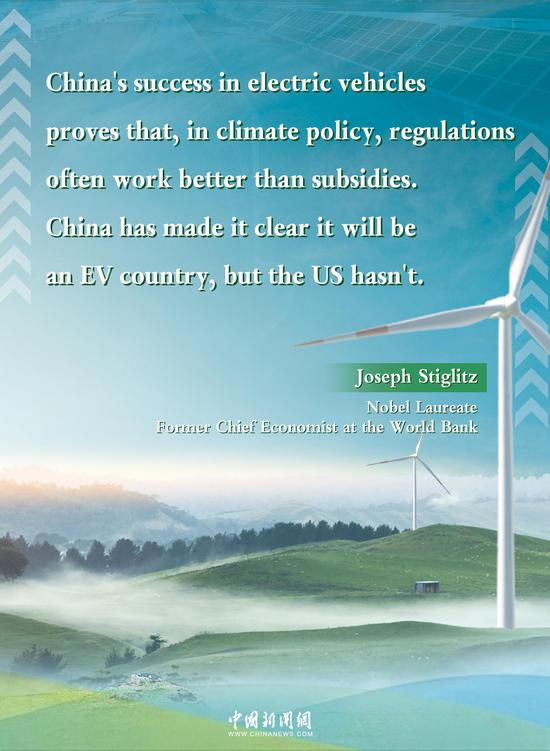



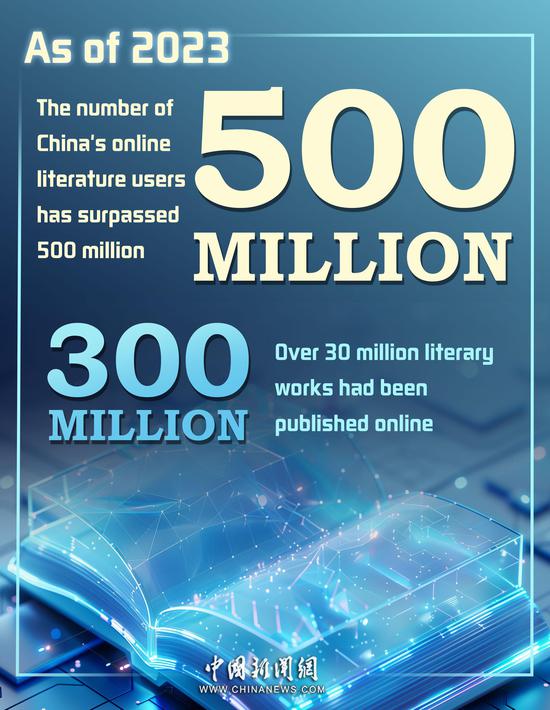

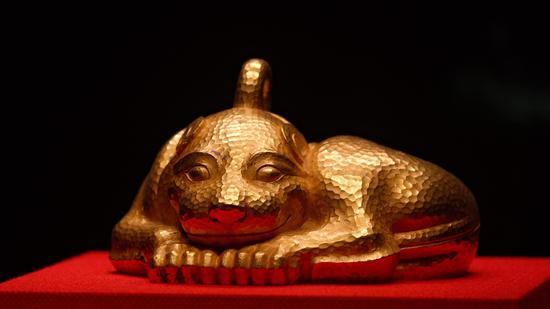



 京公网安备 11010202009201号
京公网安备 11010202009201号
